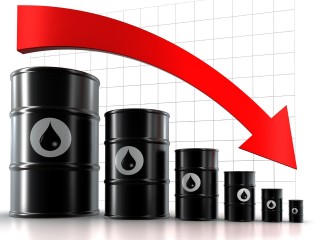Saudi Arabia, Russia, Qatar and Venezuela recently agreed not to increase their crude oil output level above last month’s levels with a caveat that other major oil producers followed suit.
This is the first significant cooperation between OPEC and non-OPEC producers in 15 years and it appears the shuttle diplomacy of oil ministers of affected countries is yielding positives in a bid to stabilize the price of oil which has reached a record low of $32 per barrel from its peak of about $116 per barrel in 2014.
Iran, OPEC’s fifth-largest producer, having stated how “illogical” it is to freeze production and sending its first oil tanker in four years to Europe, finally declared its support for the oil output freeze. The willingness to freeze oil production yielded positive results for United States’ oil which rose by nearly 8 percent yesterday. However, the freeze in oil production hardly solves the problem of oversupply which is a major determinant of the global oil prices.
In January, Russia produced nearly 10.9 million barrels per day while Saudi Arabia produced 10.2 million barrels per day, Venezuela pumped 2.4 million barrels a day and Qatar produced 680,000, according to the International Energy Agency. One of the flaws in the oil deal, is the fact that Saudi Arabia and its allies have chosen to freeze production at January levels which were already high.
Iran just had its sanctions lifted and wants to win back the market share it lost to Saudi Arabia and other countries while under export sanctions. Iraq also is producing a record amount of barrels per day in order to rebuild and fund its war against the Islamic State. Russia also failed to respect a similar agreement with OPEC producers in the 1990s and even when it last agreed to cooperate with OPEC back in 2001, Russia never followed through on its pledge and rather, raised oil exports.
It appears the move by Saudi Arabia and its allies to freeze oil price is a strategy to protect market share, not to stop the fall in oil price. According to the Vice President of Energy Research, Jackie Forrest, the path to a balanced oil market by the end of the year, is the continuous demand for oil; Iran brings a limited amount of production to the market; and its earnings are offset by production cuts in the rest of the world.








